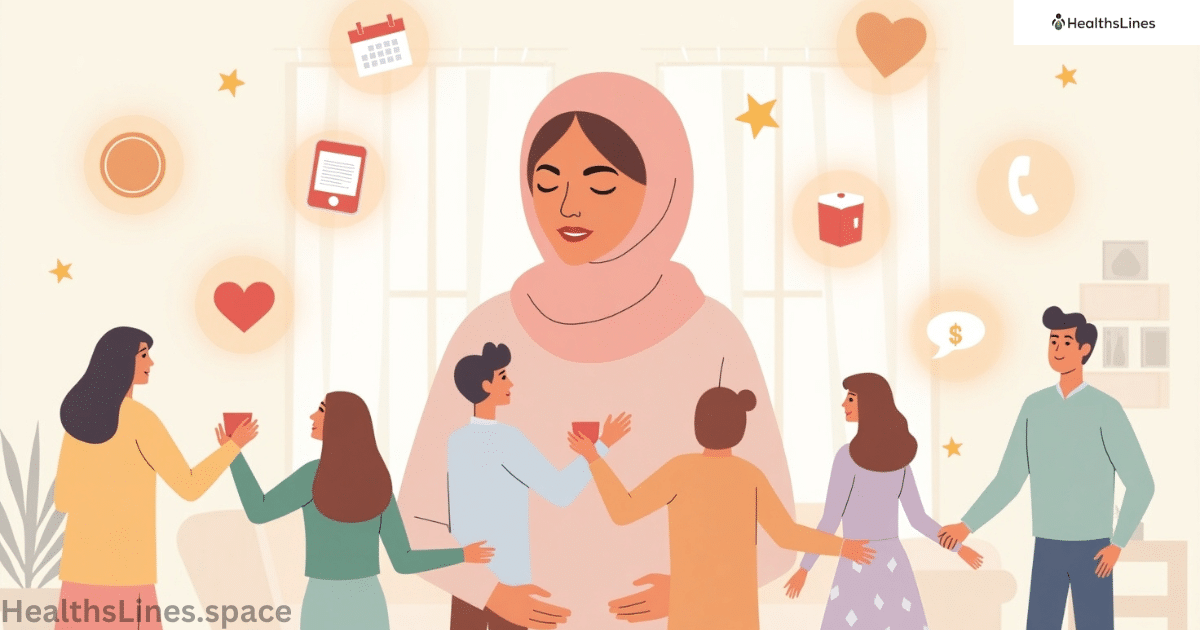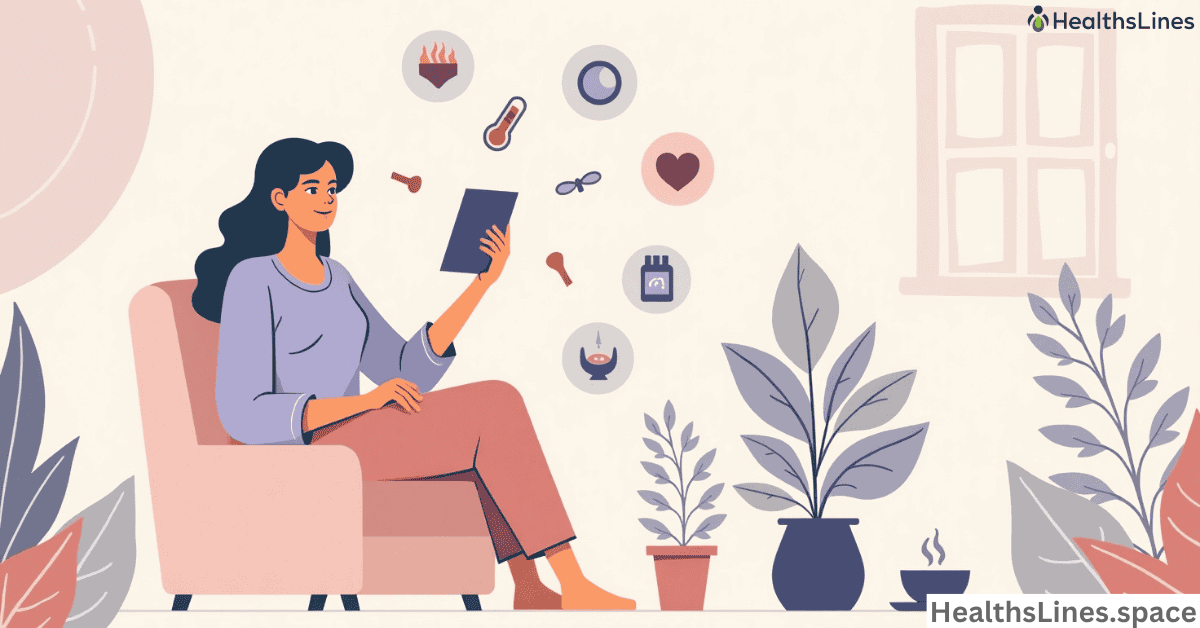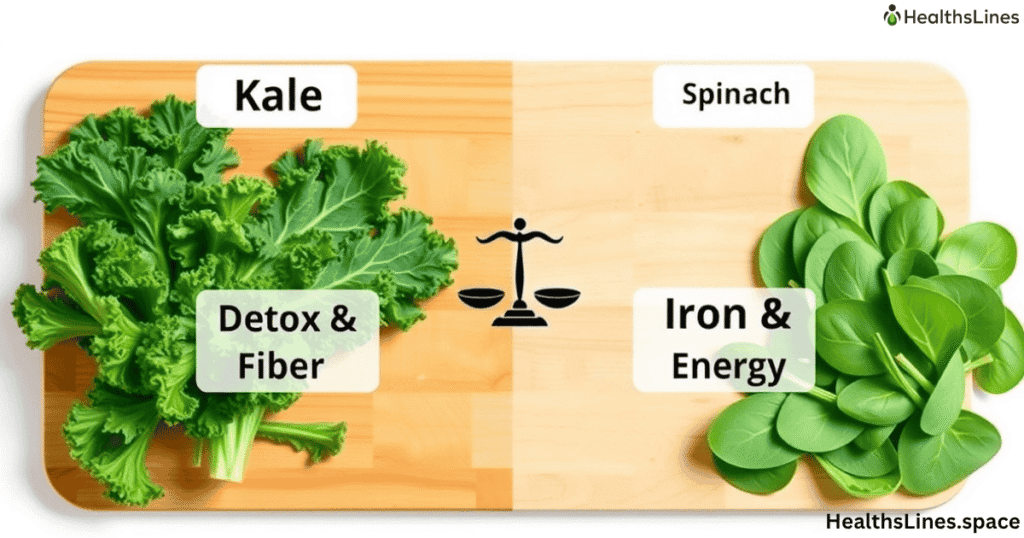Undergoing breast cancer treatment is one of the hardest journeys anyone can face. It affects not only your body but your mind and heart too. When you are living with breast cancer, having a strong support network can change everything. Leaning on your loved ones helps you cope better and improves your quality of life with metastatic breast cancer or early stages alike. This article explores 7 powerful ways to lean on your loved ones during breast cancer so you can find comfort, strength, and hope through every step of your breast cancer treatment journey.
Why Support from Loved Ones Matters
When you are undergoing breast cancer treatment, emotional ups and downs come with the territory. It’s normal to feel scared, tired, or even lonely. Research shows that breast cancer patients who get emotional support from family and friends often handle treatment side effects better. A study by the American Cancer Society reveals that patients with strong support networks report lower anxiety and depression. They also have better treatment results because they feel cared for and less stressed.
Emotional support isn’t just about talking. It’s about knowing someone is there when things get tough. When your loved ones show up—whether by listening or just sitting quietly—they make the journey less scary. Breast cancer patients and family caregivers both benefit Loved Ones During Breast Cancer. Caregivers feel more connected, and patients feel less alone. This shared bond is a key part of managing breast cancer well.
How to Communicate Your Needs Clearly
Many patients struggle with asking for help. They might feel like a burden or want to appear strong. But being honest about your needs is crucial. When you communicate with loved ones, you give them a clear path to support you. Instead of saying, “Can you come to my appointment?” try “I would love some company at my next check-up.” This small change makes asking easier and warmer.
Setting boundaries is part of healthy communication too. You might want help with daily tasks but need some alone time as well. Letting others know what works and what doesn’t prevents misunderstandings. For example, saying “I’m okay today but might need help tomorrow” keeps everyone on the same page. Being clear helps your caregiving during cancer feel smoother and more balanced.
Invite Loved Ones to Appointments or Treatments
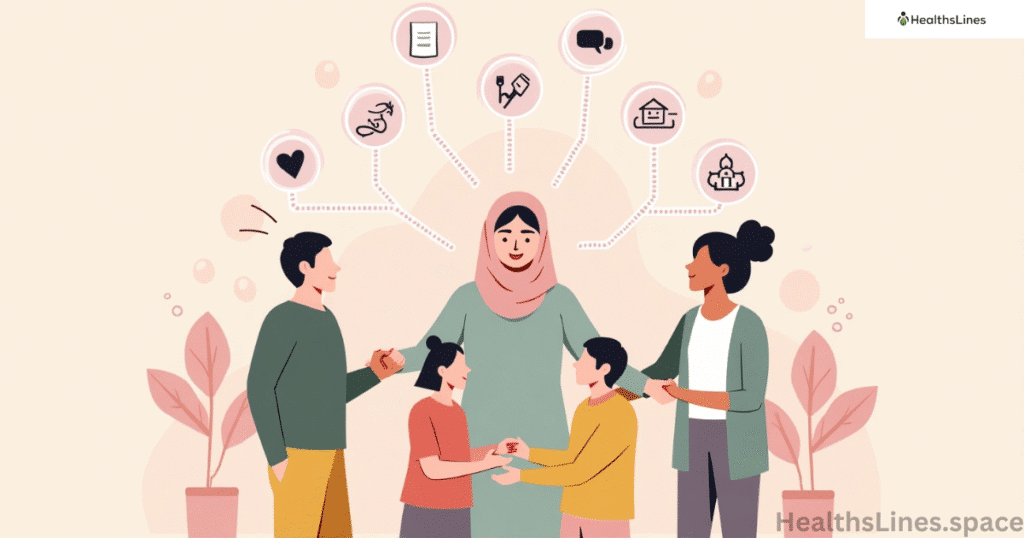
When you are undergoing breast cancer treatment, doctor visits and treatment sessions can feel overwhelming and exhausting. Medical terms might be confusing, emotions may run high, and sometimes it’s hard to remember everything the doctor says. Inviting a trusted loved one to join you during these appointments can make a big difference. Having someone by your side not only provides emotional comfort but also practical support. They can help listen carefully, take notes, or ask questions you might forget. This partnership helps you stay informed and feel less alone in your breast cancer treatment journey.
Studies have shown that breast cancer patients who bring companions to chemotherapy or radiation sessions often feel calmer and less anxious. When you face difficult news or decisions, your loved one can offer a steady presence and help you process information. Sometimes, treatments cause side effects that leave you too weak to focus on details. A companion can advocate for you by speaking up if you need something or just holding your hand. This simple act can relieve stress and strengthen your support network.
Bringing someone with you also deepens the bond between you and your caregiver or family member. They gain firsthand knowledge about your treatment, making their emotional and practical support more meaningful Loved Ones During Breast Cancer. When loved ones witness the challenges you face, they understand better how to help. Whether it’s driving you to appointments, waiting with you during infusions, or simply sitting quietly, their presence builds a bridge of care and trust.
Remember, letting others accompany you shows strength—it’s a smart way to share the load and improve your well-being as you live with breast cancer.
Create a Support Plan Together
When you are undergoing breast cancer treatment, managing daily life can become complicated. Treatments like chemotherapy, radiation, or surgery often leave you tired and unable to keep up with everyday tasks. This is where creating a support plan with your loved ones becomes essential. A well-thought-out plan helps organize the help you need, so no one feels overwhelmed or unsure of what to do. It brings calm to a time that can feel chaotic and uncertain.
Start by sitting down with your closest family members or friends and discussing your needs. Think about practical help like rides to appointments, cooking meals, or managing household chores. You can also plan emotional check-ins, where loved ones simply call or visit to see how you’re feeling. When everyone knows what to expect and when, it reduces stress and builds a strong sense of teamwork. For breast cancer patients and family caregivers, this clear communication can make caregiving during cancer feel less stressful and more manageable.
Many tools are available to help you build this plan. Websites like MyLifeLine.org offer free resources where you can create calendars, assign tasks, and keep everyone updated. Smartphone apps can do the same, making it easy for friends and family to know how they can support you on any given day. A support plan also helps you protect your energy for treatment and healing, instead of worrying about daily chores.
By involving your loved ones in planning, you create a network of care that lifts the weight off your shoulders. This shared effort strengthens relationships and ensures that your breast cancer treatment journey is supported in every way possible. Leaning on others through a clear plan can improve your overall quality of life with metastatic breast cancer or any stage of treatment.
Let Others Handle Practical Tasks You Can’t
Managing breast cancer means you may need to say no to chores or errands that drain your energy. Letting loved ones take on childcare, house cleaning, or grocery shopping frees you to rest and focus on healing. Sometimes, people want to help but don’t know what to do. Giving them specific tasks makes their support meaningful and effective.
Practical help often has a huge impact on your well-being. For example, a friend who cooks meals during chemotherapy weeks can ease your daily burden. Another who drives you to appointments gives you extra time to relax. This kind of support builds a solid foundation for your metastatic breast cancer care or earlier treatment phases.
Don’t Hide the Hard Stuff—Talk About It
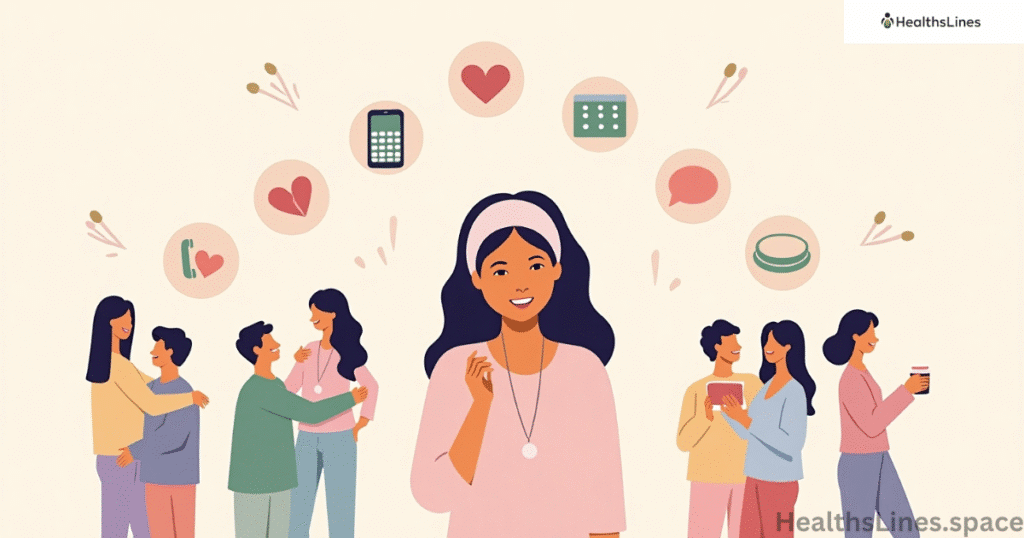
Many people believe they must stay positive all the time during cancer treatment. But bottling up difficult feelings makes the road harder. Openly sharing your fears, frustrations, and bad days with loved ones strengthens bonds. It invites understanding and empathy, which reduces emotional pain.
Research from Breastcancer.org highlights how honest communication prevents tension in relationships during treatment. Saying “Today was tough” is not weakness but courage. When you allow yourself to be vulnerable, your loved ones can support you more deeply. This emotional connection helps both patients and caregivers cope with cancer’s challenges.
| Support Strategy | Benefit | Example |
| Communicating Needs Clearly | Reduces misunderstandings | Saying “I’d like company for chemo” |
| Bringing Loved Ones to Visits | Provides emotional and practical aid | Notes taking and comfort during treatments |
| Creating Support Plans | Organizes help and reduces stress | Shared calendars or meal schedules |
| Letting Others Handle Tasks | Frees energy for healing | Friends doing errands or cooking |
| Talking About Hard Feelings | Builds emotional closeness | Sharing bad days and fears openly |
| Sharing Silence and Presence | Lowers stress hormone levels | Watching TV together quietly |
| Seeking Community Support | Adds expert and peer support | Joining cancer support groups |
Find Comfort in Shared Silence and Presence
Words are powerful, but sometimes silence speaks louder. When the cancer journey feels overwhelming, just having someone nearby can soothe your mind. Sitting quietly with a loved one, watching a movie, or sharing a peaceful moment creates comfort without pressure.
Studies show that silent companionship lowers stress hormone levels like cortisol. It also builds trust and emotional safety. This form of support is especially valuable when you don’t have the energy to talk or explain how you feel. Simply being together brings healing during the ups and downs of living with breast cancer.
When Loved Ones Aren’t Enough—Seek Community Support
Sometimes, family and friends can’t meet every need. That’s when outside help becomes vital. Support groups, professional counseling, and survivor networks add extra layers of strength to your care system. These resources provide specialized knowledge, emotional support, and shared experience.
Groups like Living Beyond Breast Cancer offer peer connections and expert advice tailored for patients and caregivers. Hospitals also often have cancer support services where you can find therapy or group meetings. Using community support alongside your loved ones enhances your overall well-being during treatment.
Conclusion
Leaning on your loved ones while undergoing breast cancer treatment is a sign of strength, not weakness. Clear communication, shared planning, and emotional honesty build a powerful support network that helps you manage breast cancer’s challenges. Whether you invite someone to appointments or simply sit together in silence, these moments create a lifeline.
Remember, care is a two-way street. Your family and friends grow stronger as they support you, just as you grow stronger leaning on them. Together, you face the cancer journey with courage and hope. This shared strength boosts your quality of life with metastatic breast cancer and beyond . This article provides real, actionable ways to build your support network while managing breast cancer. Let your loved ones in and let their care lift you. It makes the journey lighter, brighter, and full of hope.
